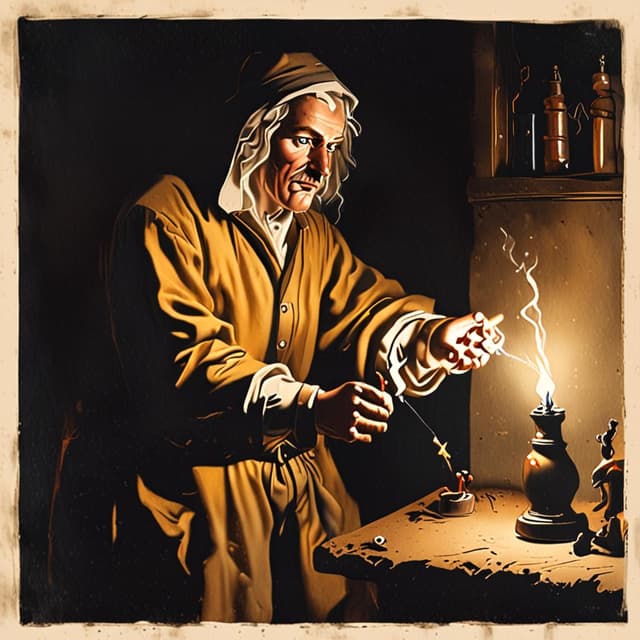
| Type | Rechargeable energy source |
| Primary Use | Powering navigation devices |
| Significance | Played a crucial role in the Age of Exploration |
| Main Components | Earthenware • Metal plates • Electrolyte |
| Developed During | Middle Ages |
| Associated Events | |
| Place of Development |
Batteries are portable electrochemical devices that convert chemical energy into electrical energy to provide a sustained source of power. Developed in the late Middle Ages, batteries played a crucial role in the Age of Exploration, transforming navigation, medicine, and warfare.
In this alternate timeline, Europeans pioneered the development of batteries in the 1400s or 1500s, using experiments in electrochemistry to create rudimentary devices. Driven in part by a growing scientific interest in electricity, these early batteries relied on simple metals and acidic solutions. In this world, Alessandro Volta, often credited with inventing the modern battery, operated instead as an influential scientist in the refinement of early battery designs.
The availability of portable batteries had profound implications for the explorers of this world. Notably, sailors used batteries to power basic electric devices and instruments, enhancing their ability to chart courses and track longitude. Furthermore, mercenaries and explorers harnessed battery power for military applications, such as firing ignition mechanisms for artillery and other firearms.
The competition to produce increasingly powerful and compact batteries led to the Battery Race, an analog to the Space Race of our timeline. To gain an edge in the pursuit of advanced technology, European empires like the Portuguese, Spanish, and Venetian sought to develop portable, long-lasting batteries for expeditions to the far reaches of the globe.
Treatments using electrotherapy also rose to prominence in the early Renaissance, thanks in part to the proliferation of batteries. Prominent physicians and philosophers such as Leonardo da Vinci explored the potential therapeutic effects of electricity on the human body. In this timeline, da Vinci devised a comprehensive understanding of electrical healing techniques, complementing his many other significant contributions.
Throughout the subsequent centuries, improvements in battery technology led to their incorporation in a wide variety of devices, from clocks and lanterns to basic cyborgs. By the time of the European unification period, the availability of compact, portable batteries had completely altered the landscape of energy production, giving rise to a new era of technological expansion.
In the present day, batteries have remained a vital component of transportation, communication, and power production, with many industries revolving around and benefiting from their development. The early, groundbreaking development of batteries in this alternate timeline has rewritten history, changing the course of exploration, medicine, and scientific enquiry.